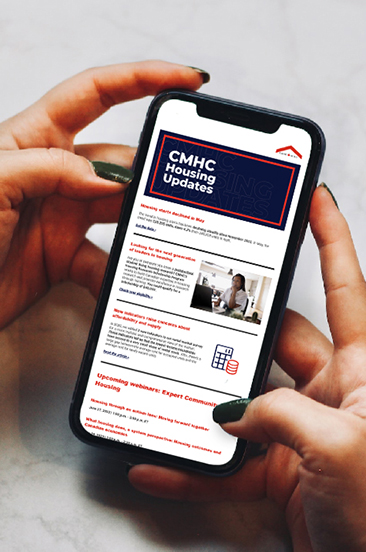The Research and Planning Fund has an annual budget allocation of $750,000 that covers all activity streams. The amount of funds available for new projects each year varies due to the multi-year nature of some projects.
Activity streams
The fund provides financial support in 3 different activity streams:
- planning activities: up to $75,000 over a maximum duration of 12 months
- research projects: up to $250,000 over a maximum duration of 24 months
- knowledge mobilization projects: up to $75,000 over a maximum duration of 12 months
Streams of activity:
1. Planning activities
The planning activity stream provides your organization with the resources to lay the foundation for a future research project. Organizations that do not have direct experience leading a research project are encouraged to apply for the planning activity stream.
Activities may include (but aren’t limited to) the following:
- stakeholder consultations, including citizen engagement activities
- needs assessments
- environmental scan or preliminary synthesis of relevant literature, case studies, activities or programs
- gatherings of stakeholders and developing partnerships to facilitate regional, national and/or international collaboration among individuals or groups from a variety of backgrounds
- hiring consultants to prepare research applications for groups that don’t have the capacity to do so on their own
2. Research projects
The research project stream provides funding for your organization to undertake a research project with one or more clearly defined research question(s), detailed research methodology, deliverable(s) and a knowledge mobilization plan.
Projects may include (but aren’t limited to) research activities such as:
- literature reviews and environmental scans
- surveys and interviews
- evaluations
- data gathering and analysis
- profiles and case studies
3. Knowledge mobilization projects
The knowledge mobilization stream is for designing, developing and delivering on a knowledge mobilization strategy to share research findings from recently completed research projects.
Activities may include (but aren’t limited to) development of the following:
- campaigns
- presentations
- mock-ups and models
- in person or on-line forums and conferences
- training and educational seminars
- engagement and facilitation activities
The program in action: Visit our National Housing Strategy Project Profiles page to learn more about projects funded by the Research and Planning Fund under the 3 activity streams.







 Share via Email
Share via Email


